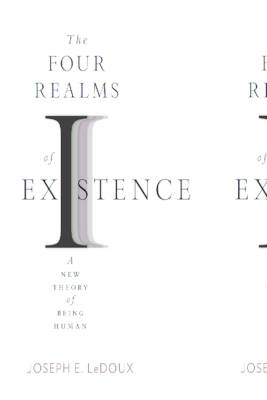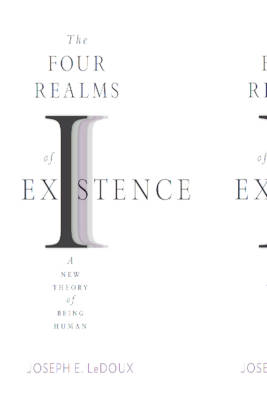
- Retrait gratuit dans votre magasin Club
- 7.000.000 titres dans notre catalogue
- Payer en toute sécurité
- Toujours un magasin près de chez vous
- Retrait gratuit dans votre magasin Club
- 7.000.0000 titres dans notre catalogue
- Payer en toute sécurité
- Toujours un magasin près de chez vous
41,45 €
+ 82 points
Description
One of the world's leading experts on mind and brain takes us on an expedition that reveals a new view of what makes us who we are.
Humans have long thought of their bodies and minds as separate spheres of existence. The body is physical--the source of aches and pains. But the mind is mental; it perceives, remembers, believes, feels, and imagines. Although modern science has largely eliminated this mind-body dualism, people still tend to imagine their minds as separate from their physical being. Even in research, the notion of the "self" as somehow distinct from the rest of the organism persists. Joseph LeDoux argues that we have hit an epistemological wall--that ideas like the self are increasingly barriers to discovery and understanding. He offers a new framework of who we are, theorizing four realms of existence--bodily, neural, cognitive, and conscious. The biological realm makes life possible. Hence, every living thing exists biologically. Animals, uniquely, supplement biological existence with a nervous system. This neural component enables them to control their bodies with speed and precision unseen in other forms of life. Some animals with nervous systems possess a cognitive realm, which allows the creation of internal representations of the world around them. These mental models are used to control a wide range of behaviors. Finally, the conscious realm allows its possessors to have inner experiences of, and thoughts about, the world. Together, LeDoux shows, these four realms make humans who and what we are. They cooperate continuously and underlie our capacity to live and experience ourselves as beings with a past, present, and future. The result, LeDoux shows, is not a self but an "ensemble of being" that subsumes our entire human existence, both as individuals and as a species.Spécifications
Parties prenantes
- Auteur(s) :
- Editeur:
Contenu
- Nombre de pages :
- 368
- Langue:
- Anglais
Caractéristiques
- EAN:
- 9780674261259
- Date de parution :
- 24-10-23
- Format:
- Livre relié
- Format numérique:
- Genaaid
- Dimensions :
- 151 mm x 216 mm
- Poids :
- 603 g

Les avis
Nous publions uniquement les avis qui respectent les conditions requises. Consultez nos conditions pour les avis.






